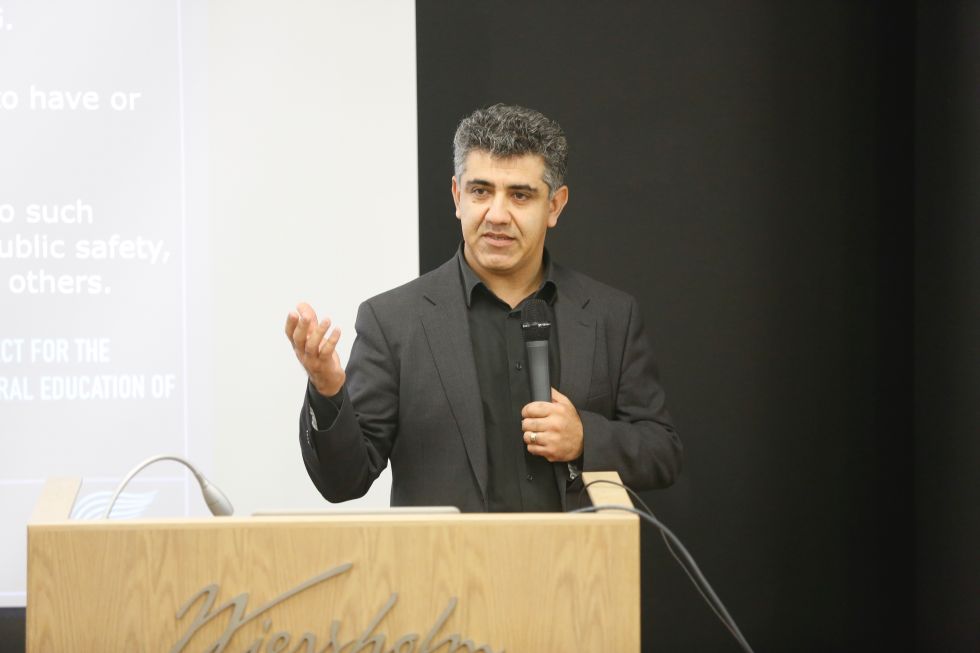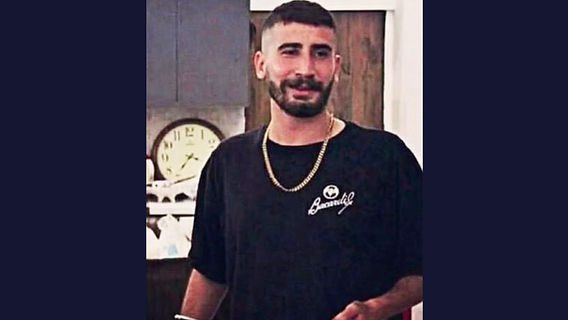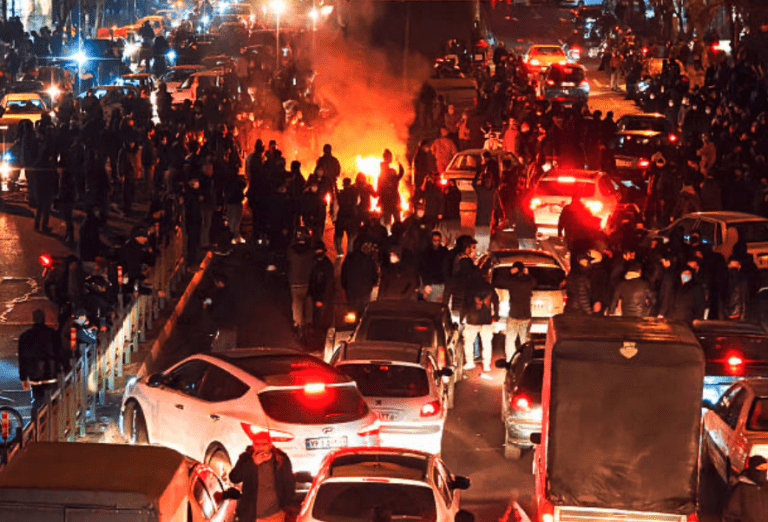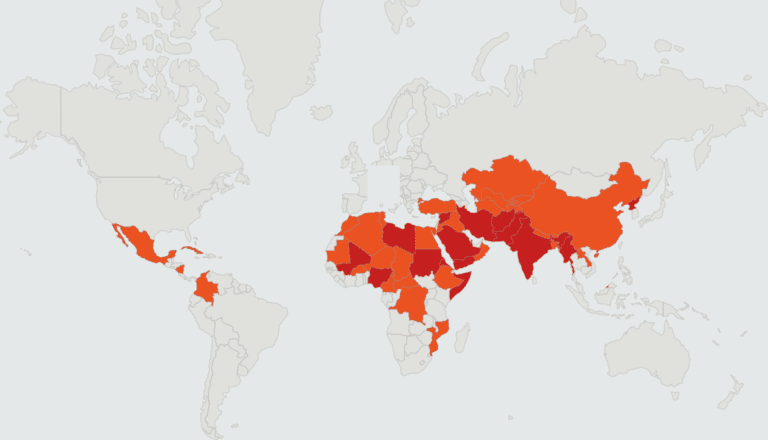
Iranian converts to Christianity are at “constant risk” of arrest, Article18’s Advocacy Director, Mansour Borji, told a conference in Norway today.
“I want to ask Christians all over the world to insist on full rights for Christians in Iran,” he said. “Human rights are indispensable and must be respected for everyone.”
Borji explained that while ethnic Armenian and Assyrian Christians are able to worship freely in Iran, they must do so only in their own ethnic languages and are strictly forbidden from evangelising to Muslim-born Iranians.
This wasn’t always the case, Borji explained, but a sharp rise in conversions to Christianity in recent years has led to a crackdown by the authorities. Several churches have been closed, and heavy prison sentences of up to 15 years have been given to converts as well as ethnic Assyrian or Armenian Christians found to have been active in evangelism.
At the time of the 1979 revolution, there were a number of Catholic and Orthodox, and even some evangelical denominations, in Iran, Borji explained. And for a long time after the revolution, many of these churches continued to operate and it was possible for converts with a Muslim background to connect with some of them.
He added that as long as converts kept a low profile and did not take on a leadership role within the church, they were largely free from danger.
However, in the past decade, stringent measures – such as banning church services and Christian literature in the Farsi-language – have been taken to ensure converts are kept away from the official churches, meaning only underground churches in private homes, known as “house churches”, are available to them.
“These are the only available form of Christian community for Iranian converts,” Borji explained. “And there you are at constant risk of arrest, leading to imprisonment, ill treatment in prison, torture, tough interrogations, no legal assistance, surveillance and harassment, losing your job or being denied access to education, and at worst losing your life.”
He shared the example of one “house church” meeting that was raided by officers from Iran’s Ministry of Intelligence, who arrested most of those present, sentencing them to an average of three and a half years in prison.
“All they had done wrong was to meet for worship,” Borji noted.
Rob Duncan from Article18’s partner organisation Middle East Concern was another of the speakers at the event. He explained how the number of known converts in Iran had risen from around 500 at the time of the 1979 revolution to as many as 360,000 today, according to figures from Elam Ministries.
But he added that there is now “no opportunity for Christians to gather freely” and reiterated that all members of “house churches” are at “constant risk” of arrest.
Duncan said that he knew of Iranian Christians who had been summoned for questioning by the intelligence service “every single day for years in a row”.
“Others are systematically summoned for questioning each time important family events occur. For example, one was summoned for interrogation just as his son was getting married,” he said.
Duncan explained that there has been a “massive increase” in conversions to Christianity in Iran – “especially among young people, and despite the persecution of the Islamic regime”.
“Even Islamic leaders recognise that this is happening,” he added.
But with the increase in conversions has come an increase in persecution, which has in turn led many Christians to flee Iran, seeking refuge in countries such as Norway.
The question of how best to deal with the growing numbers of converts claiming asylum in Europe was raised. And Norway was criticised for seeking to gauge how likely a returning convert would be to keep their faith secret and therefore avoid persecution.
Duncan said that it was “not realistic that someone could avoid this threat just by being silent about their faith”.
“If you’re part of a ‘house church’ meeting, you’re in constant danger of being discovered,” he said. “Although people are very careful about how they behave, they are still in danger. If you speak to someone one to one, you cannot know if the other person is informing the police or intelligence agency.”
Ketil Larsen, the Deputy Director General of Norway’s Immigration Appeals Board, acknowledged that no-one should be sent back to Iran only to face persecution, and said that no-one should be forced to keep their faith hidden.



0 Comments
Trackbacks/Pingbacks